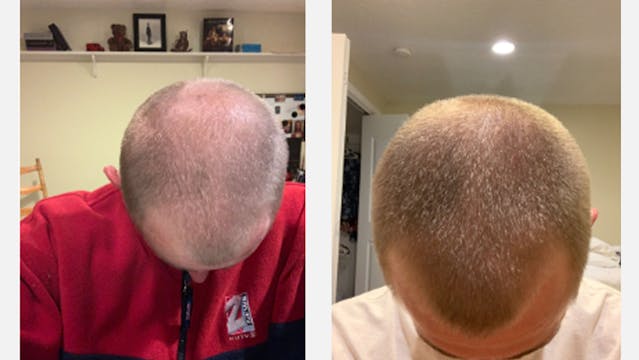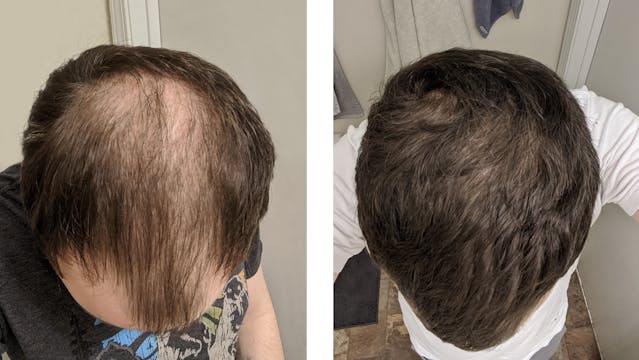Acid reflux occurs when acid travels up from your stomach into your oesophagus (your food pipe). The resulting sensation? It burns. For some, this can be unpleasant. But for others, it can be completely debilitating. If the problem persists, you need to look at your treatment options.
Before seeking treatment for acid reflux, get a diagnosis from your doctor, as regular acid reflux could signal underlying health issues, such as:
- Gastro-oesophageal reflux disease (GORD): GORD is a chronic condition and several scenarios may trigger it including family history, obesity and diet.
- Peptic Ulcer Disease: This occurs when H. pylori bacteria infects the lining of your stomach, which may trigger heartburn.
- Non-steroidal anti-inflammatory drugs (NSAIDs): NSAIDs are drugs used to reduce pain and inflammation (such as ibuprofen). Acid reflux is a possible side effect.
- Oesophageal cancer: In more serious cases, regular acid reflux may indicate oesophageal cancer.
Make sure underlying health issues are ruled out by a doctor before beginning your acid reflux treatment plan.
Luckily, there are many treatments and techniques which are highly effective when it comes to busting acid reflux...
1. Order medication
It’s easy to get your hands on acid reflux medication and that might be all you need. Antacids neutralise your stomach acids and can provide quick relief. They usually come as a tablet and can be ordered online or picked up from the pharmacy.
You should take the medication when you have symptoms or when you’re pre-empting developing symptoms, such as after a meal or before bed.
2. Follow a diet plan
When medication isn’t immediately accessible, you should avoid the foods that fire up your stomach acids. Bad news. That does mean the good stuff. Alcohol, coffee, and certain spices are all off the (dining) table.
Fatty foods can also act as a trigger and high cholesterol (which can occur as a result of eating a diet that’s high in fat), has been linked to GORD.
Follow an acid reflux diet plan so that you’re less likely to set off your symptoms.
3. Follow a treatment plan
For a more permanent solution to acid reflux, it’s important to set out a treatment plan. Alongside medication, adapt your lifestyle habits to help you to bust acid reflux once and for all.
4. Change your sleeping position
Simply changing your sleeping position can help reduce symptoms of acid reflux. Elevating your head and chest reduces the chance that acid will travel up from your stomach into your oesophagus. Just add an extra pillow or two so that the top of your body is above your stomach.
5. Combine treatments
If you really want to bust acid reflux, implementing lifestyle changes along with medication will give you the best shot at success. Smoking can act as a trigger so if you’re a smoker, kicking the habit is imperative. Following a diet that doesn’t irritate your stomach, elevating your chest at night and taking medication will all work together to prevent acid reflux from occurring.
The numan take
Acid reflux is a persistent problem for some, but there are many techniques and treatments which will reduce the chances of it occurring. Medication, diet, sleeping positions, and lifestyle changes can all help to prevent acid reflux.
If you have chronic acid reflux, it’s important to get a diagnosis from your doctor as you may have an underlying health issue that’s causing the problem.







